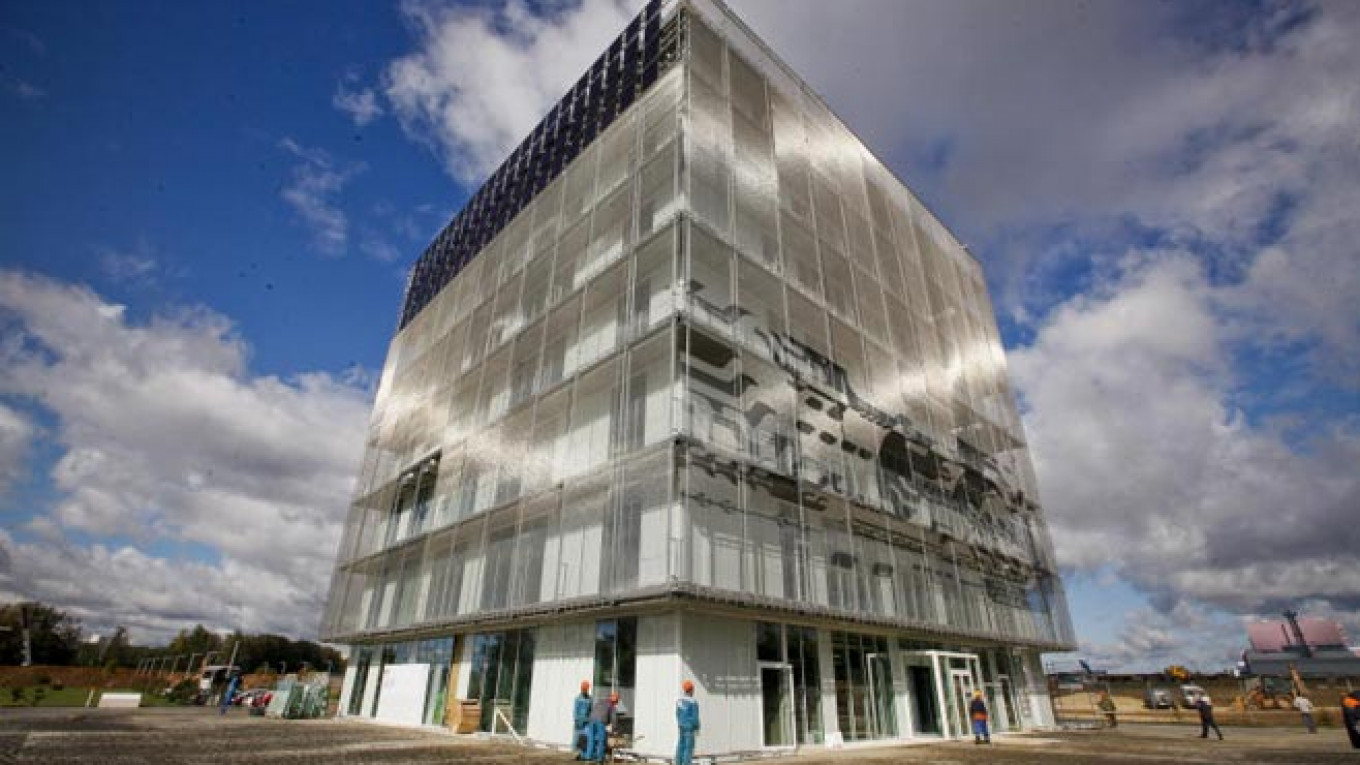Russia's venture capital market, after tumbling from the heights it reached in 2012, is set to stabilize in 2014, Russia investment firm Rye, Man & Gor Securities said in a report released Tuesday.
Total venture capital investment in 2013 dropped by 33 percent year-on-year, from $907 million in 2012 to $622 million in 2013. Investment fell across the board as private funds continued to favor the profitable IT sector and the government supported biotech and industrial tech projects.
The 2012 peak in investment came as the government ramped up spending on innovation, funneling money through recently created institutions like the Skolkovo center and the state-owned Russian Venture Company.
By 2013, however, fewer investment projects and a contraction in government funding dampened venture capitalists' enthusiasm.
2014 should see a return to form, though, as the venture capital market matures and investors recover their nerve, the report said.
"Last year's correction was a bit too much, so probably there will be some kind of rally" said Boris Orlovetsky, a Rye, Man, & Gor Securities analyst.
The political crisis in Ukraine is not expected to significantly affect the venture capital market, Orlovtetsky said, though it has been a key factor in delaying numerous Russian companies' IPOs planned for the first half of this year.
Western investors have always been wary of the Russian market, preferring to cherry pick projects. Growth in the venture market is more likely to come from domestic funds than outside sources, said Sasha Johnson, managing director of venture capital fund DFJ VTB Aurora, the Silicon Valley based arm of Russian banking giant VTB.
However, private domestic funds have a lot of ground to cover before they rival their Western competitors. Wealthy Russians do not trust professional investment funds as much as their U.S. and European counterparts do, and are more likely to invest on their own or through a family office.
"They believe that any successful businessman can be a successful investor, which is not always true," Orlovtetsky said.
A Message from The Moscow Times:
Dear readers,
We are facing unprecedented challenges. Russia's Prosecutor General's Office has designated The Moscow Times as an "undesirable" organization, criminalizing our work and putting our staff at risk of prosecution. This follows our earlier unjust labeling as a "foreign agent."
These actions are direct attempts to silence independent journalism in Russia. The authorities claim our work "discredits the decisions of the Russian leadership." We see things differently: we strive to provide accurate, unbiased reporting on Russia.
We, the journalists of The Moscow Times, refuse to be silenced. But to continue our work, we need your help.
Your support, no matter how small, makes a world of difference. If you can, please support us monthly starting from just $2. It's quick to set up, and every contribution makes a significant impact.
By supporting The Moscow Times, you're defending open, independent journalism in the face of repression. Thank you for standing with us.
Remind me later.






